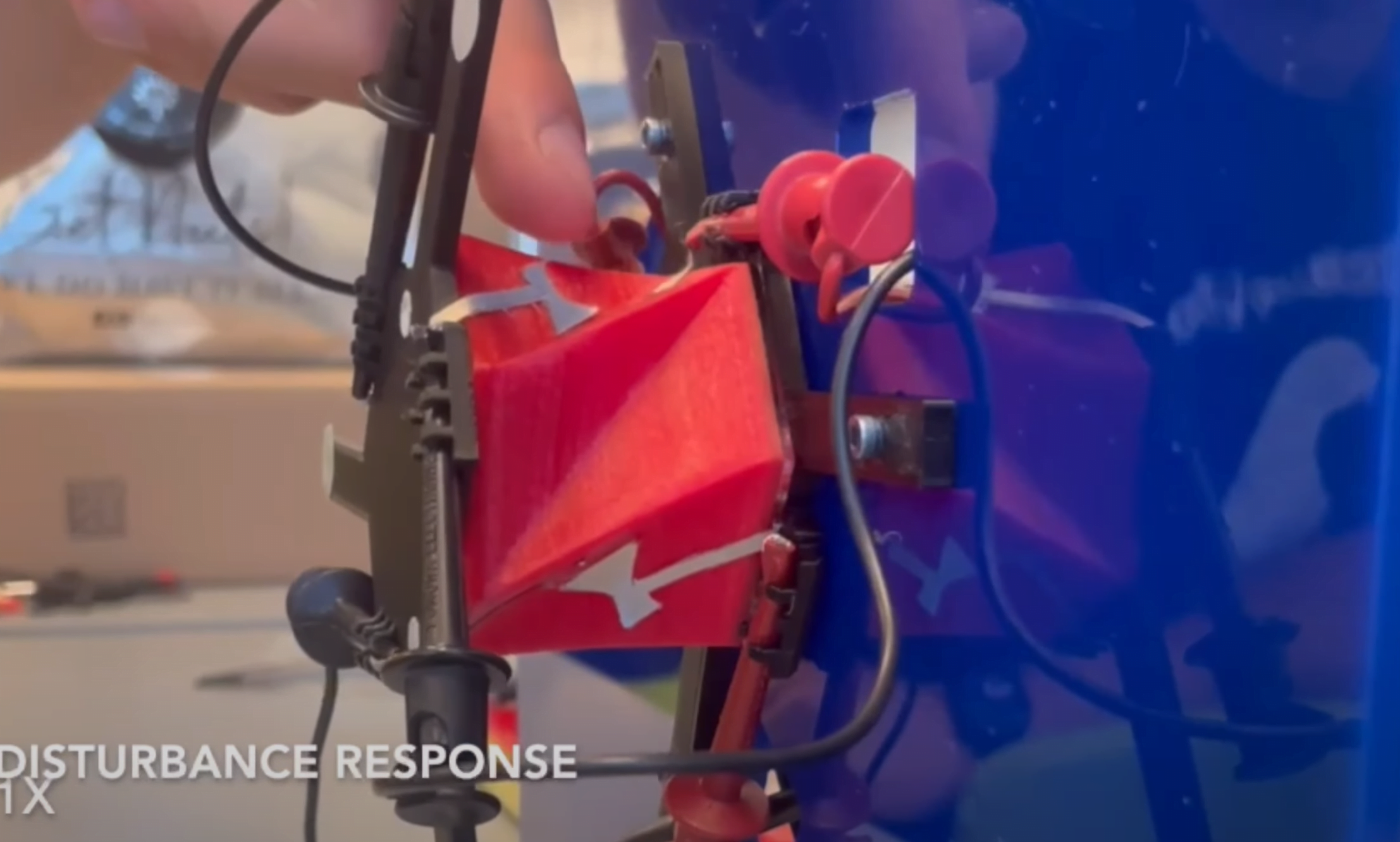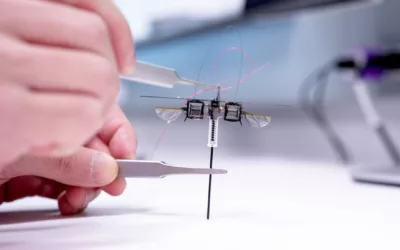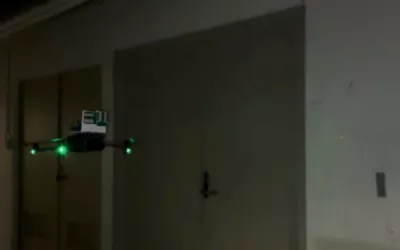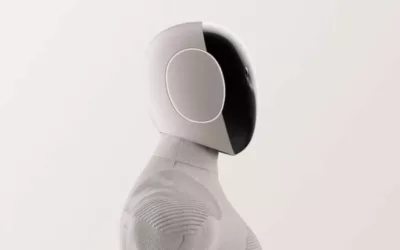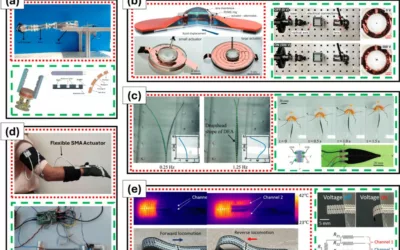Researchers at Northeastern University have successfully demonstrated proprioceptive feedback control for a pneumatically actuated origami robot. The 41 mm long robot, inspired by the Kresling structure and created through 3-D printing, boasts six sets of sidewall folds and one degree of freedom.
The key innovation lies in using negative fluidic pressure for pneumatic actuation, causing the robot to contract. What sets this experiment apart is the integration of capacitive sensors patterned onto the robot, providing accurate position estimation. These sensors serve as input to a feedback controller, enabling precise control without visual tracking.
The researchers optimized the electrode shapes using a finite element approach, focusing on sensitivity at larger fold angles. This optimization enhances control across the actuation range, ensuring stability during contractions ranging from 2 mm to 16 mm. The error remains under 3 mm, even at a 10 mm contraction.
The significance of this work extends beyond the successful demonstration of closed-loop feedback position control. The researchers have contributed to the field by introducing optimized capacitive electrode design, marking a major step towards achieving proprioceptive state estimation and feedback control in soft origami robotics.
This research paves the way for soft robots to navigate unstructured environments with greater precision, opening new possibilities for applications in various industries; not only advancing the capabilities of soft robotics but also highlighting the importance of proprioception in controlling robots in dynamic and unpredictable settings.

